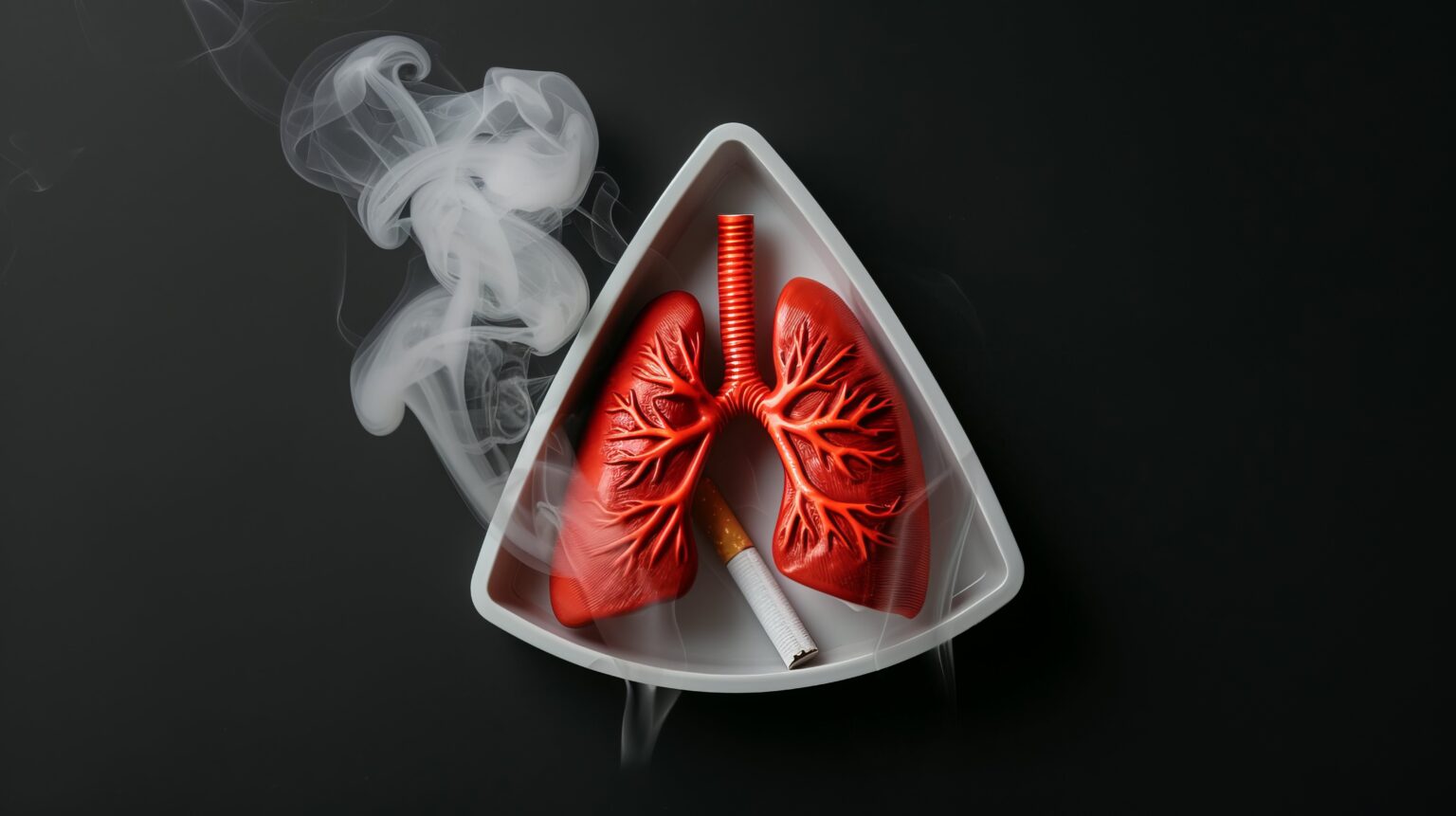Smoking is one of the most harmful habits a person can adopt, particularly due to its devastating effects on the lungs. Despite widespread knowledge of its dangers, smoking remains a leading cause of preventable diseases and death worldwide. Understanding the specific ways in which smoking damages the lungs can help underscore the importance of quitting this dangerous habit.
Firstly, smoking introduces a host of toxic chemicals into the lungs, including tar, nicotine, carbon monoxide, formaldehyde, and benzene. These substances wreak havoc on the respiratory system. Tar, for instance, coats the lungs, leading to inflammation, and making it difficult for the lungs to function properly. This sticky residue also damages the cilia, the tiny hair-like structures that help keep the airways clear of mucus and dirt. When cilia are impaired, the risk of infections and lung diseases increases significantly.
Chronic Obstructive Pulmonary Disease (COPD) is one of the most severe consequences of smoking. COPD is a group of lung diseases, including chronic bronchitis and emphysema, that cause breathing difficulties and progressive lung damage. In chronic bronchitis, the airways become inflamed and produce excess mucus, leading to persistent coughing and breathlessness. Emphysema, on the other hand, destroys the air sacs (alveoli) in the lungs, reducing the surface area available for oxygen exchange. Both conditions are irreversible and debilitating, severely impacting the quality of life.
Smoking is also the primary cause of lung cancer, the leading cause of cancer deaths globally. Carcinogenic chemicals in cigarette smoke trigger genetic mutations in lung cells, which can lead to uncontrolled cell growth and tumor formation. Smokers are up to 30 times more likely to develop lung cancer compared to non-smokers. The prognosis for lung cancer is often poor, as it is typically diagnosed at an advanced stage when treatment options are limited.
In addition to these severe conditions, smoking exacerbates asthma and increases the risk of respiratory infections like pneumonia and tuberculosis. Smokers are more susceptible to colds, flu, and other respiratory infections, and their bodies are less capable of fighting off these illnesses. The compromised lung function and reduced immune response make recovery slower and complications more likely.
Quitting smoking is the best action one can take to protect their lungs. The benefits of quitting start almost immediately, with improved lung function and decreased risk of lung diseases.
In conclusion, smoking is profoundly detrimental to lung health, causing a range of serious diseases, reducing lung function, and significantly increasing the risk of lung cancer and respiratory infections.



